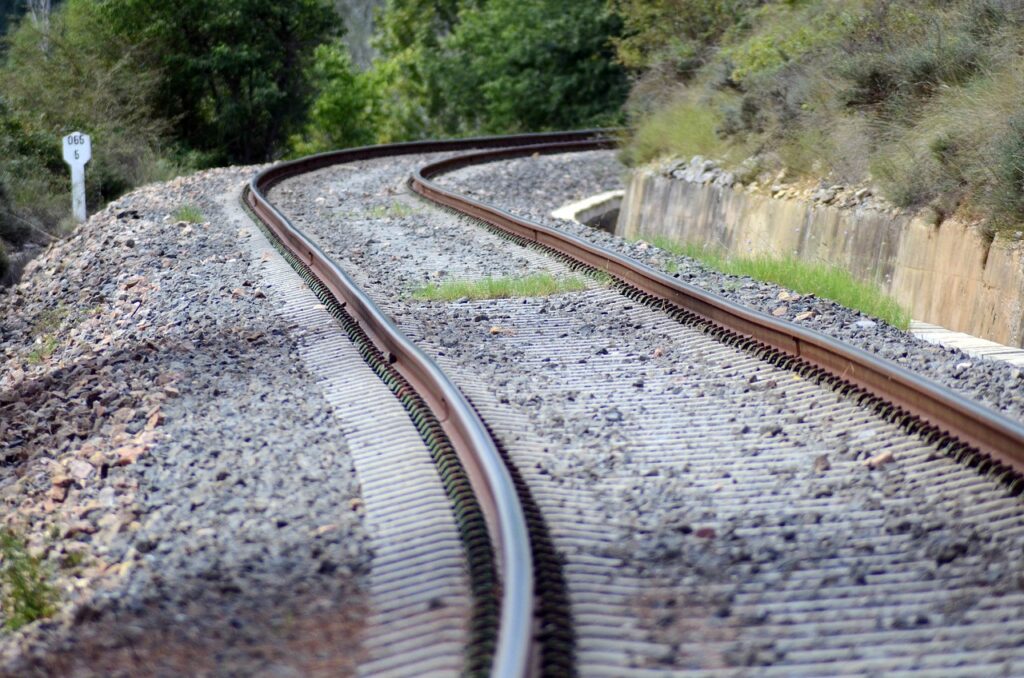The recent introduction of the Coradia iLint, a hydrogen-powered train in France, has been heralded as a significant stride toward sustainable transportation. Funded by the Centre-Val de Loire region, this project is part of a broader effort to decarbonize the French rail sector.
The Coradia iLint, developed by Alstom, operates using a hydrogen fuel cell that produces electricity to power the train, emitting only water as a byproduct. This technology aligns with SNCF’s goal to achieve net-zero emissions by 2050. While the absence of CO2 emissions and reduced noise pollution are commendable, it is essential to consider the limitations of hydrogen trains, particularly in terms of power and autonomy.
Despite its environmental benefits, the Coradia iLint’s range is constrained by the storage capacity of hydrogen, which significantly limits its application. The idea of a hydrogen-powered TGV remains impractical, leaving the technology’s role in the rail sector somewhat niche.
The initial trial of the hydrogen train in France came with a price tag of €300,000, funded by the Centre-Val de Loire region. Although this project paves the way for the train’s certification across the country, the cost-effectiveness of scaling this technology remains uncertain.
In 2022, French regions placed orders for 12 dual-mode trains, costing €231 million, to be delivered by the end of 2025. These trains, which can operate on both electrified and non-electrified lines, represent a more versatile approach to incorporating hydrogen into the rail network. However, the financial implications of widespread adoption, particularly for regions with less fiscal flexibility, need thorough evaluation.
While hydrogen trains are unlikely to replace all diesel trains in France, they present a viable alternative for non-electrified lines, which make up nearly 50% of the French rail network. On these routes, diesel trains currently contribute to 77% of the rail sector’s CO2 emissions.
The introduction of hydrogen-powered trains could significantly reduce emissions on these lines. However, the question remains whether this technology can effectively meet the demands of a modern, high-speed rail network. The dual-mode trains offer a more practical solution but still require substantial investment in infrastructure and technology.





